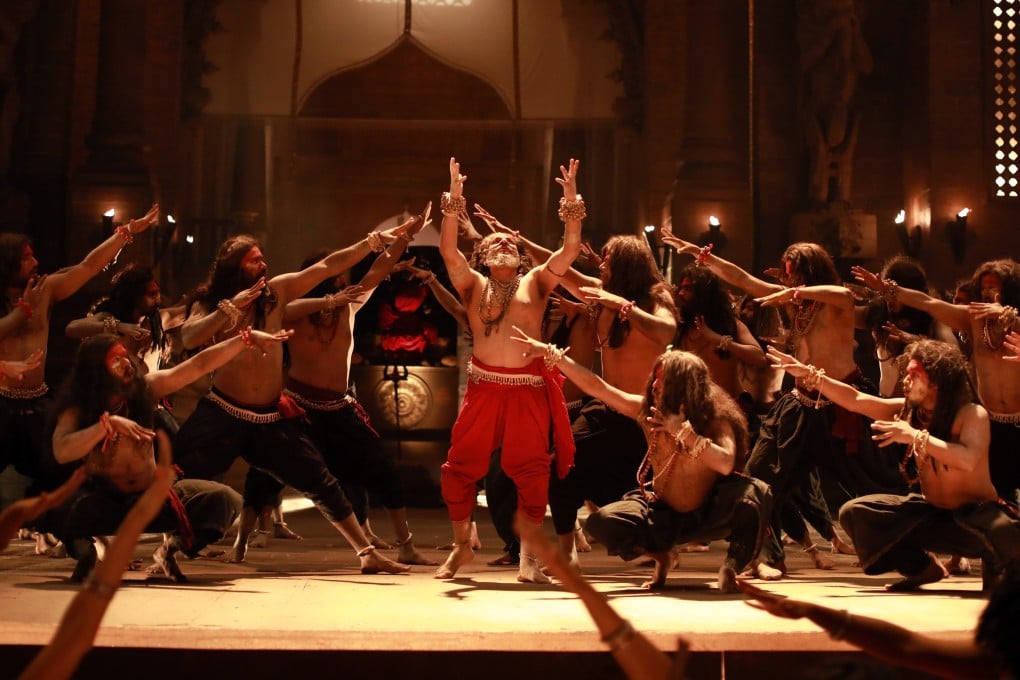From India to Malaysia and Singapore, Mani Ratnam’s Tamil epic Ponniyin Selvan 1 sizzles at box office
- Ponniyin Selvan 1, based on a 1950s novel series with a cult following, has become the second-highest grossing Tamil film globally of all time
- Director Mani Ratnam, who has directed cult classics like Nayakan, Iruvar and Mouna Ragam, has eyed the project since 1980s and says creating it was a ‘dream come true’

Tamil cinema-goers around the world have been captivated by bloody battles, elephant chases, palace intrigue and lost love as Ponniyin Selvan 1, based on the story of one of the most powerful emperors in Indian history, enjoys a dream run at the box office.
Set in the 10th and 11th centuries, the film about emperor Arulmozhi Varman, adapted from an iconic Tamil novel, has amassed well over US$54 million since its September 30 premiere – making it the second-highest grossing Tamil film of all time.
Its stellar performance in its home market of Tamil Nadu and the rest of India notwithstanding, the film is also now the highest-grossing Tamil film in several countries with large Tamil diasporas, including Britain, Malaysia and Singapore.
Director Mani Ratnam said the film project – the first of two parts – was among his “most ambitious”, and one he had been eyeing since the mid-1980s.
“I did try a few times and it didn’t fall in place. Maybe for a good reason, because this is probably the right time as the technology and reach of Tamil films have grown tremendously,” he told This Week in Asia.
Ratnam is widely viewed as one of the finest Tamil directors of his generation, and his films including Nayakan, Iruvar and Mouna Ragam have cult followings.